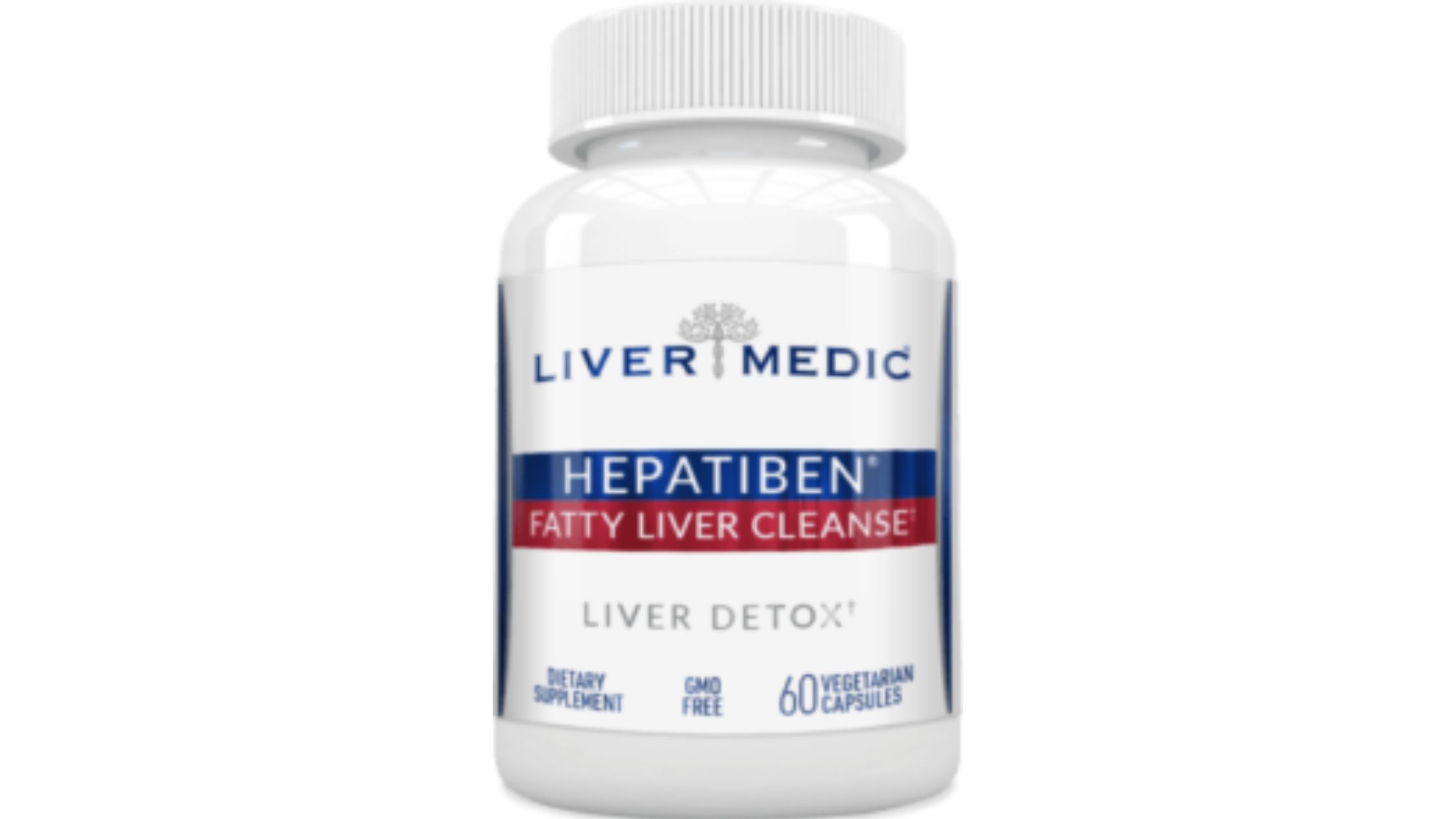Dealing with stomach pain and gas after eating can be more than just a discomfort; it might be a signal from your digestive system. Understanding the root causes and adopting practical strategies can bring relief. Most of the stomach related cramps come up right after ingesting foods that may be high on oil. There are other aspects as well that you must take into account. The focus should be primarily on maintaining digestive harmony.
Here’s a concise guide to help you navigate through these digestive concerns related to stomach pain and gas after eating.
- Identifying Culprits in Your Diet: Certain foods can trigger stomach pain and gas. Keep a food diary to identify patterns and potential culprits. Common triggers include dairy, high-fat foods, and specific vegetables. Understanding your body’s responses empowers you to make informed dietary choices.
- Mindful Eating Practices: Slow down during meals and chew your food thoroughly. This simple practice aids digestion and reduces the likelihood of swallowing excess air, a common cause of bloating and gas.
- Balancing Fiber Intake: While fiber is essential for digestive health, an abrupt increase can lead to gas and bloating. Gradually introduce high-fiber foods like fruits, vegetables, and whole grains into your diet to allow your digestive system to adapt.
- Hydration for Digestive Ease: Drinking water aids in digestion and helps prevent constipation. However, avoid consuming large amounts during meals, as this can dilute stomach acid, hindering the digestive process.
- Stress and Digestive Harmony: Stress can significantly impact digestive health, leading to symptoms like stress stomach pain. Incorporate stress-management practices into your routine, such as meditation, deep breathing, or yoga. These activities support overall well-being and can positively influence digestive function.
- Consider Probiotics: Probiotics, found in fermented foods or supplements, promote a healthy gut microbiome. They can aid in maintaining digestive balance and reducing symptoms like gas and bloating.
Navigating Stress-Induced Stomach Pain: The Solution
On a similar note, Stress stomach pain adds another layer to digestive discomfort. Understanding the connection between stress and the digestive system is crucial. Here are practical tips:
- Mind-Body Techniques: Engage in activities that promote relaxation, such as mindfulness meditation or gentle exercises like tai chi. These practices positively influence both mental and digestive well-being.
- Establishing Routine: Creating a consistent daily routine provides a sense of stability, reducing stressors that may contribute to stomach pain. Prioritize adequate sleep, regular meals, and breaks during your day.
Supporting Digestive Wellness with The Liver Medic
In your journey toward digestive harmony, The Liver Medic serves as a valuable ally. Beyond merely addressing symptoms, their approach recognizes the intricate connections between lifestyle, stress, and digestive health. While incorporating practical tips, consider the broader perspective offered by The Liver Medic. They stand as advocates for your commitment to a healthier digestive life. Always consult with healthcare professionals for personalized advice. They also embody the essence of digestive support, promoting lasting well-being for your gut and beyond.







